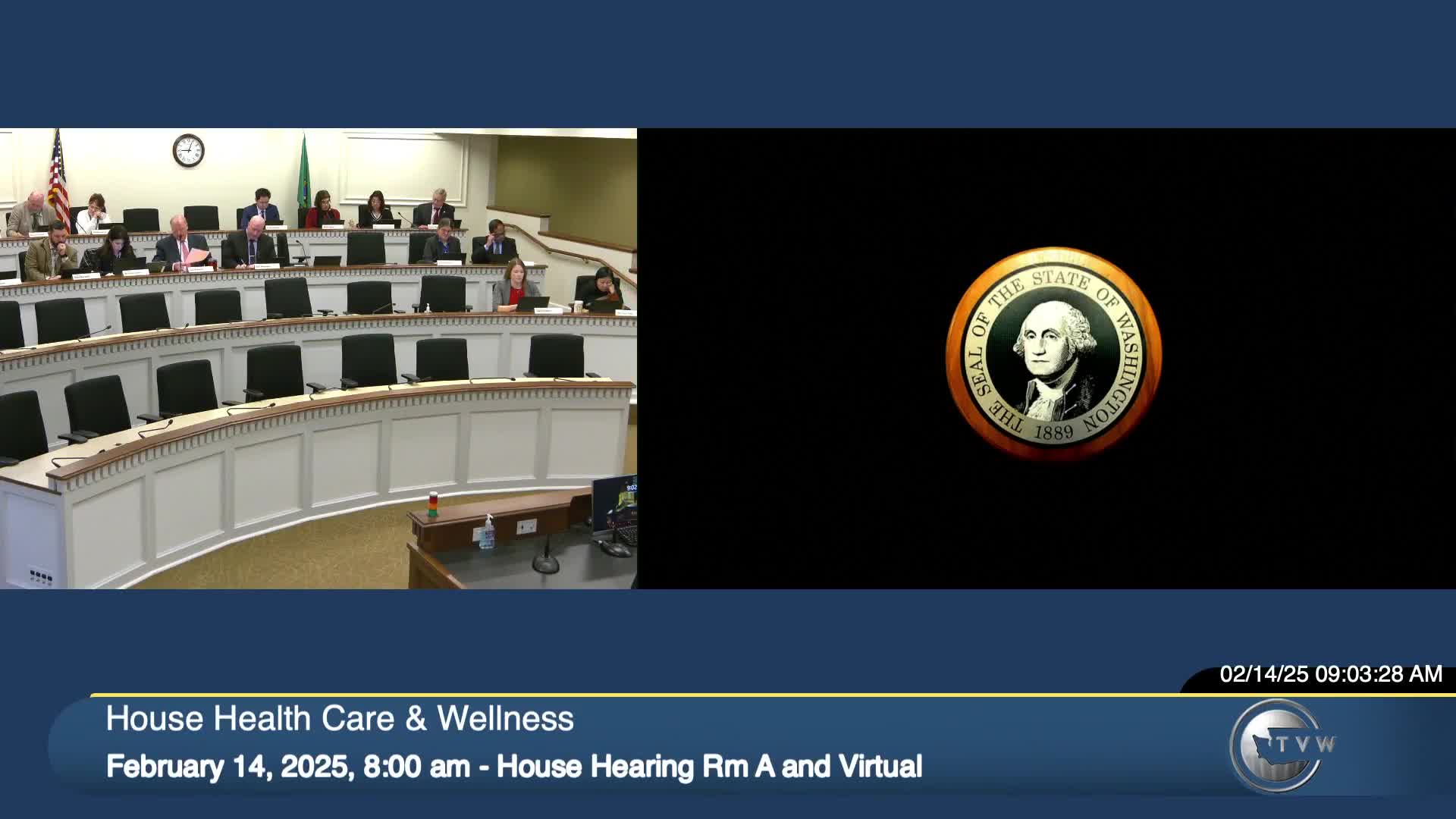Bill would let ambulances transport patients to urgent care and behavioral-health centers, insurers to cover transports
Get AI-powered insights, summaries, and transcripts
Subscribe
Summary
House Bill 1864 would permit ambulances to transport patients to non-emergency-department sites such as urgent care and behavioral-health crisis centers and require coverage for those transports by commercial plans and Medicaid when regional plans authorize the destination.
House Bill 1864 would allow ambulance services to transport patients to facilities other than hospital emergency departments when those destinations are authorized in regional care plans and would require insurers, ERISA-exempt plans and Medicaid to cover such transports.
Committee staff explained that regional care plans already permit transports to certain facilities and that HB 1864 explicitly adds non-emergency settings such as urgent care clinics and behavioral-health crisis centers to the list of authorized destinations. For private health plans and Medicaid the bill would require coverage; the bill also adds behavioral-health and non-ED medical facility transports to provisions governing certain public-plan reimbursements.
Proponents said the change would reduce emergency-department crowding and give first responders more appropriate destinations for medically stable patients who do not need an ED level of care. Nick Gollickson, representing the Washington State Council of Firefighters, said many 911 calls arise from patients who lack other access to care and that taking them to urgent care or a crisis center could be less expensive and more appropriate than an ED visit.
Several witnesses, including Connections Health Solutions, King County, and emergency physicians, asked the committee to refine bill language. Connections asked that statutory definitions explicitly include the 23-hour crisis receiving center model created by earlier legislation (S.B. 5120) to avoid ambiguity about reimbursement for transports to 23-hour crisis centers. King County and other proponents argued that the state—s current ambulance-reimbursement framework gives higher rates for hospital transports, creating a financial disincentive to use alternate destinations; they suggested technical amendments so ground-ambulance payment rates do not penalize transports to crisis centers.
Emergency physicians and the American College of Emergency Physicians' state chapter said the urgent-care provision raises two concerns: (1) urgent cares are not subject to federal Emergency Medical Treatment and Labor Act (EMTALA) obligations, so patients taken there might be turned away if the facility cannot treat them or if payment is an issue; and (2) protocols would be necessary to ensure an ambulance crew can appropriately determine whether an urgent care is a safe destination. The physicians suggested statutory guardrails and local protocols to reduce the risk of inappropriate diversion.
Witnesses from rural counties said the effect will vary by region: some areas have few or no urgent-care clinics, while behavioral-health crisis centers and crisis-stabilization programs are more relevant alternate destinations. Several speakers noted that private EMS providers, which provide the majority of transports in many areas, rely on transport reimbursement to sustain operations, and that Medicare currently does not cover transport to non-ED destinations under the same rules.
Committee members closed public testimony without recording a vote and asked staff and proponents to draft technical amendments addressing reimbursement language, definitions of alternative destinations, and protections to ensure patient access to care.
Ending: Sponsors and health-system witnesses said they would submit suggested bill language to clarify inclusion of 23-hour crisis centers, align reimbursement rates and establish protocols for safe diversion to non-ED destinations.
